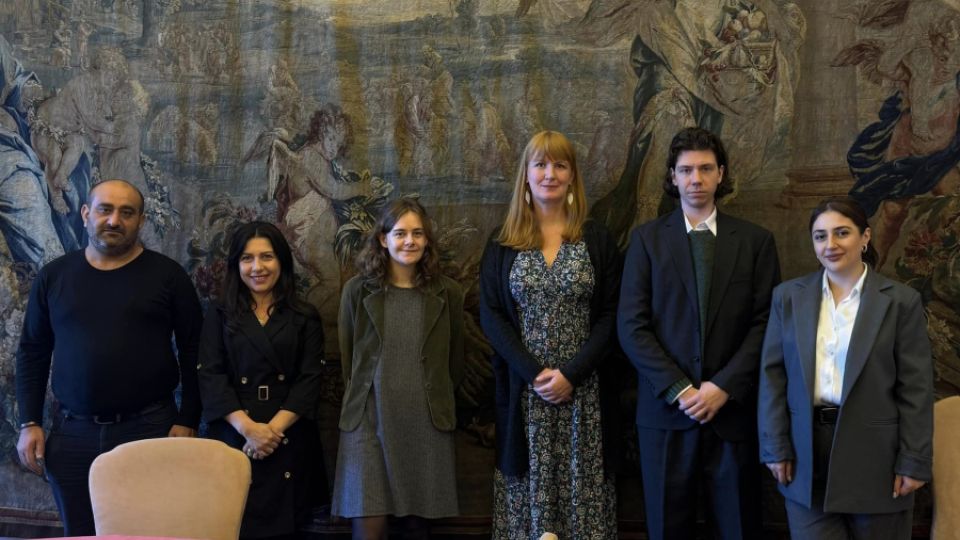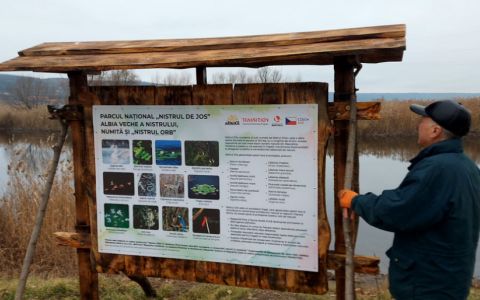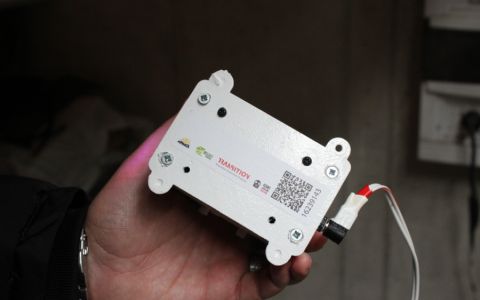In the first half of October, our Armenian project developed into a study tour for local colleagues from the Center for Community Mobilization and Support (CCMS) and EcoLur. The focus of the almost week-long visit to the Czech Republic was primarily to exchange experiences on the ecological transformation of mining regions. And to provide inspiration for such a process in the Armenian regions of Lori and Syunik, polluted by pollution from mining and ores processing.
The first part of the visit took place in Prague, where the guests were introduced to Arnika's various international activities, including a presentation on how we work with the media both at the Czech and international level. There was also time for informal meetings, developing cultural links and friendly relationships between the teams.
The Armenian colleagues also went to the Ministry of Foreign Affairs. There they met with the main coordinators of the Transition Promotion Programme, which has been supporting our (not only) Armenia-related activities for a long time. The discussion focused on the current, often difficult situation of environmental activists in Armenia, but also included a tour of the baroque Czernin Palace, where the ministry is based.
In the following days, the Armenian delegation travelled to northern Bohemia, specifically to Litvínov and the surrounding region, which has been scarred by years of lignite mining. The colleagues met with local activists from the “My Litvínov” organisation and the mayor of Horní Jiřetín, Vladimír Buřt, with whom they established contacts for future international cooperation.
Horní Jiřetín is an example of the tenacious resistance of locals against destructive mining: for decades, the town was threatened with demolition because of the possible expansion of the "ČSA" lignite mine. But the people have defended their homes both publicly and in elections, consistently electing councilors who oppose mining expansion - like Buřt, who has been in various official positions for 26 years. The locals have more than enough examples of what happens when civil society resistance fails: the nearby town of Libkovice was razed to the ground in the 1990s. In vain – the planned mining never even began in its place.
All in all, the study tour was a success, providing Arnika and its partner organisations with a great portion of interesting experiences and inspiration for future work.
We have been working in Armenia for a long time. In addition to raising awareness of the opportunities for environmental change in industrial and mining regions, our efforts focus on providing accurate, understandable and publicly available information about pollution in communities around industrial operations. Such data enables locals to defend themselves more effectively. For example, in late 2023 directly in Yerevan, we presented research revealing dangerous pollution around Armenia's gold mines and processing plants.








